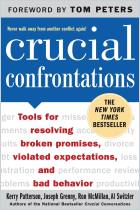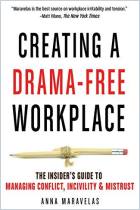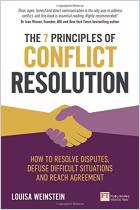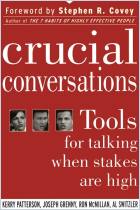
The Power of Positive Confrontation
The Skills You Need to Handle Conflicts at Work, at Home, Online, and in Life
Read or listen offline
Amazon KindleRecommendation
Do you need to confront people about their behavior, but you just aren’t sure what to say? Don’t put it off, says communications coach Barbara Pachter. Writing with Susan Magee, Pachter shows how to use the “WAC technique” to tell someone constructively exactly “what” is bothering you, to “ask” for a behavior change, and to “check in” to be sure he or she heard you. Pachter sketches a variety of scenarios that might require you to confront a co-worker, neighbor or family member – and she equips you with the vocabulary to address the situation in a “polite and powerful” way. Updated for social media, Pachter’s guide explains how to navigate sticky situations at work and home. It includes tips on vocabulary and body language. Not every confrontation will be as tidy as she implies, but as you read her scenarios and savor her down-home advice, you might recognize people you know and moments you’ve lived through. getAbstract recommends her approach to anyone seeking better interpersonal communication.
Summary
About the Author
Barbara Pachter is a coach and speaker on business etiquette who has conducted more than 2,100 seminars. She has written 10 books, including New Rules @ Work. Susan Magee is an author and an assistant professor of communications.






















Comment on this summary or Démarrer une discussion